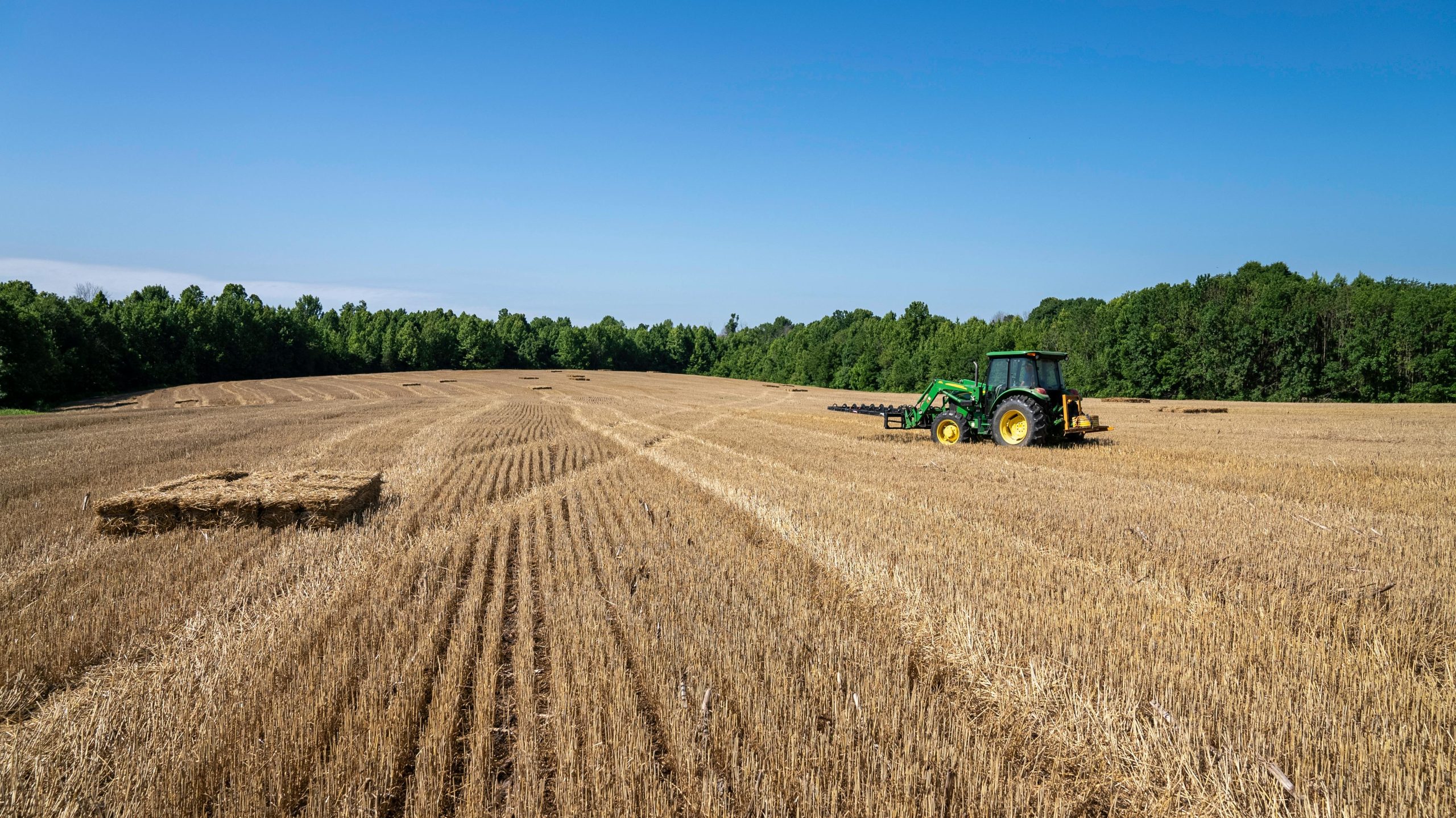

In the agricultural world, every detail counts. A storm, equipment failure, or livestock illness can significantly impact your production… and your income. That’s why agricultural insurance is more than just a formality: it’s a safety net to protect what you’ve built.
Whether you operate a family farm, a large-scale production enterprise, or a specialized operation, this insurance allows you to look to the future with greater peace of mind. The experts at J. Gérard Fortin & Associés understand the challenges of your profession and assist you in building protection that aligns with your priorities and on-the-ground reality.
Agricultural insurance doesn’t just cover buildings or machinery. It’s designed to adjust to the various aspects of your activity, ensuring you’re not caught off guard in the event of a claim. Each operation is unique, which is why there are several types of protections to consider.
A broker from J. Gérard Fortin & Associés can guide you in choosing the most relevant protections based on your needs and sector of activity.
Covers bodily injury or property damage you might cause to third parties in the course of your agricultural activities.
Protects essential structures of your operation, such as barns, stables, or warehouses, against fire, strong winds, or other perils.
Coverage for your tractors, combines, and other equipment essential to your operation.
Protection for your farm animals against risks of disease, accident, or sudden loss.
Insures your crops or stored products against losses caused by unforeseen events.
Provides financial security in case of temporary interruption of your activities due to a covered loss.
Some agritourism activities can be included in your agricultural insurance, but they often require specific protections. It’s important to discuss this with your broker to clearly define your needs.
Yes, it’s generally possible to adjust your policy if there are changes in your operation, such as acquiring new equipment or adding a new production. A broker can assist you in this process.
Depending on the value or type of property to be insured, an inspection may be required by the insurer to assess risks. This also helps tailor the coverage to your situation.